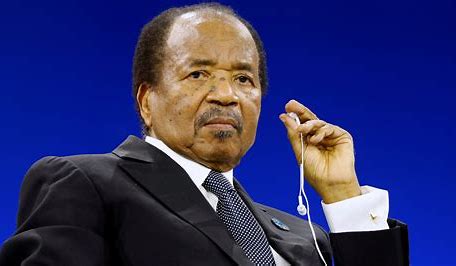Cameroon’s long-serving President, Paul Biya, has dropped a strong hint about seeking re-election in the country’s 2025 presidential race, extending his already 43-year tenure in office. In his New Year’s address to the nation, the 91-year-old leader referred to 2025 as “a year of great challenges,” a remark widely interpreted as an indication of his intention to remain in power.
Biya, who has ruled Cameroon since 1982, is the world’s oldest head of state. His continued grip on power has been made possible by a 2008 constitutional amendment that removed presidential term limits, enabling him to seek re-election indefinitely.
Despite frequent rumors about his health and criticism of his prolonged absences from public life, Biya maintains a firm hold on the political landscape. His Cameroon People’s Democratic Movement (CPDM) party has shown unwavering support, with key members actively advocating for his candidacy in the upcoming election.
The president’s leadership has been characterized by a mix of achievements and controversies. While his administration has overseen infrastructure developments and maintained relative political stability in a turbulent region, it has also faced allegations of press repression, poor governance, and a protracted separatist conflict in the Anglophone regions of the country.
Biya’s potential candidacy raises questions about Cameroon’s political future and succession. Opposition leaders and civil society groups have long criticized the lack of clear plans for leadership transition, arguing that prolonged rule risks undermining democratic principles.
The 2025 presidential election, scheduled for October 5, is expected to be a crucial moment for Cameroon’s political trajectory. As discussions about Biya’s intentions gain momentum, attention is turning to whether the veteran leader will officially announce his candidacy and how the opposition will mobilize to challenge his extended rule.
For now, Cameroonians await clarity, as Biya’s cryptic remarks fuel speculation about the country’s future leadership.


